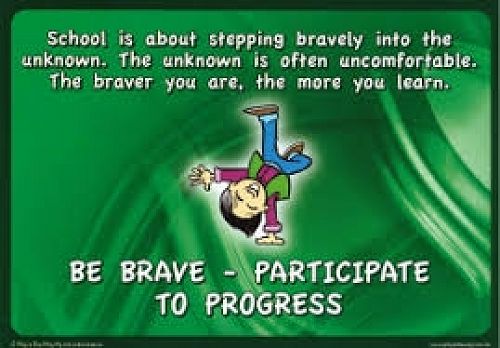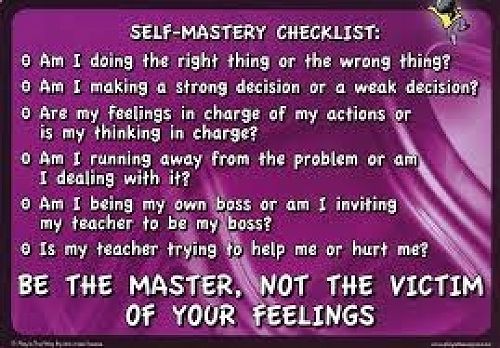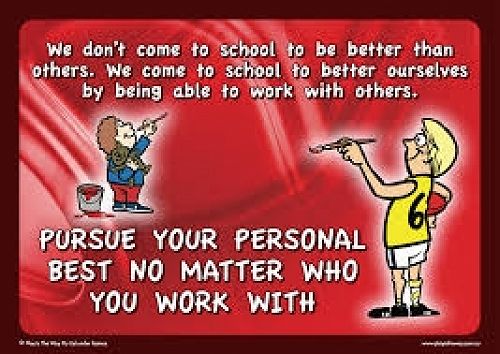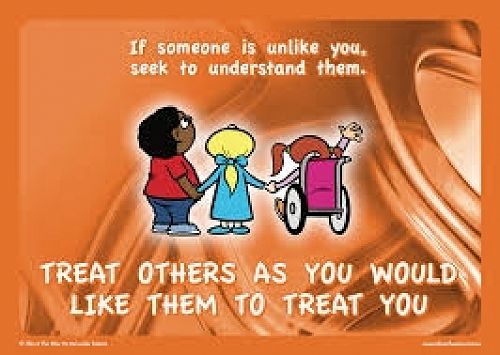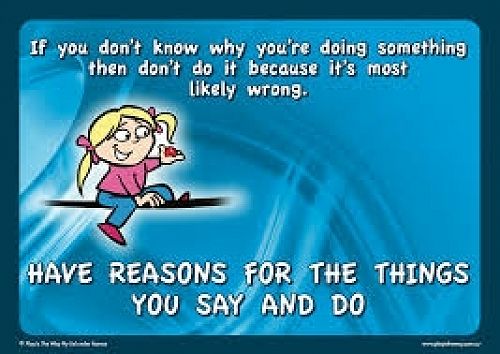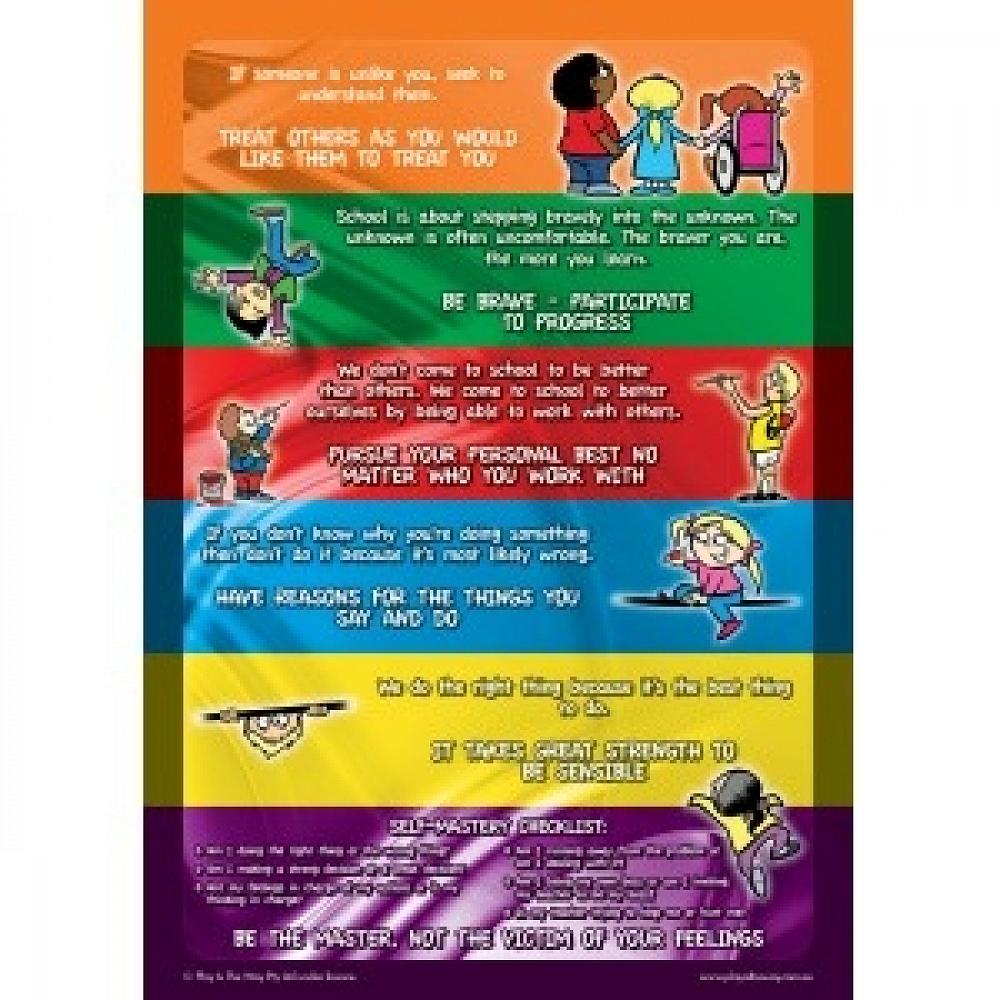
PLAY IS THE WAY AT HOME
At East Taieri School we implement the Play Is The Way (PITW) programme. This programme helps students develop the life and learning skills necessary to lead meaningful and fulfilling lives. They are also the skills we all use to handle ourselves, our relationships and our work effectively and ethically.
Underpinning Play is the Way are it's Life Rafts. The Play Is The Way Life Raft concepts are so called because once understood and employed they help children to stay afloat in the often-hazardous and unpredictable waters of life and learning.
PITW Key Concepts (Life Rafts)
Treat others as you would like them to treat you
Be brave - participate to progress
Pursue your personal best no matter who you work with
Have reasons for the things you say and do
It takes great strength to be sensible
The
five guiding concepts are not always easy to live by
and on any given day a child’s commitment to
abide by this sound moral framework can be tested
in numerous ways. However, every time a child
stays true to the demands and challenges of any
one, some or all of the concepts their character is
strengthened, their self-worth increased and their
capacity to stand up for what they believe, more
assured.
The truism, the best way to learn something is to teach it can be of considerable
assistance when it comes to helping children deeply understand, embed and practise
the Play Is The Way Life Raft concepts. It is here that parents, caregivers, the
extended family and friends can be of help.
Inviting your child(ren) to teach you about each of the concepts starts a discussion in which you can generously plead ignorance and thereby require educating in the meaning, implications and challenges of the concepts.
These conversations should not be heavy handed, with the motive of revealing fault and inadequacy on the part of the child. Rather, they should carry the energy of curiosity and interest. After all, it is the parent who wants to learn and the child who is being asked to teach. It is the parent who is pleading ignorance and the child with knowledge to impart. For the child this will be empowering – for the parent it will be revealing because your child cannot teach what they do not know.
Asking questions, admitting your confusion, challenging their assertions and investigating their behaviour within the context of the concepts will encourage your child(ren) to reflect on their classroom learning and daily interactions.
Knowing and doing are two separate things and asking children to share the ways in
which their personal behaviour did or did not express their understanding and
commitment to the concepts lets them see that character is expressed through words
and deeds.
Where the teaching of the Life Raft concepts will be a regular and consistent part of classroom practice it is best if your investigation and learning of them is irregular and spontaneous. The home is not the classroom and blending your desire to learn about the concepts into the general conversations and activities of the home removes any sense of your child(ren) being tested. Creating the sense of sharing knowledge and engaging over interesting ideas deepens knowledge and strengthens bonds.
Of course learning about the Life Raft concepts and then choosing not to rise to the challenge of living by those concepts tells your child(ren) that you see no value in them or perhaps even worse, that adults are spared from such obligations and responsibilities simply because they are adults. Sadly, too many children see the main benefit of adulthood as being able to do what that they want, when they want and how they want with no one able to tell them otherwise. Too few see it as the opportunity to model the behaviour that builds safe, strong, supportive and inclusive families, workplaces and communities.
Hopefully, in educating you about the Life Raft concepts your child(ren) see that in large part your family already lives by these concepts and that you are happy to rise to the challenge of supporting each other to live by them more fully.
Being willing to address one’s own behaviour and pursue the improvements that
contribute to more socially and emotionally healthy classrooms, schools, families and
communities takes courage…as your child(ren) will be learning and experiencing in
their classroom. Having parents/caregivers who are doing the same makes the journey
more important, meaningful and worthwhile.
Children have always needed models more than they need critics and appropriate
behaviour is best learnt through modelling. When adults rise to the responsibility of
being the best role models they can be, there is every chance our children will become
the personally and socially capable adults our rapidly changing and uncertain world
will need. Oh, and you will sleep better when they are old enough to be out at night.
Now, that’s a comforting thought, isn’t it?
By Wilson McCaskill
Gallery
